Travel Guide to Nepal
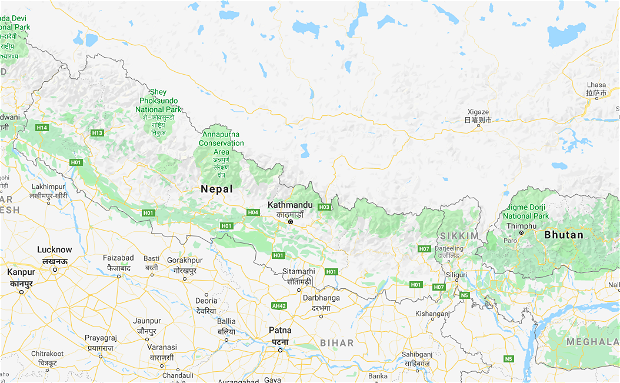
Your essential guide to Nepal
- Facts & Figures
- Passport/Visa information
- Climate
- Money matters
- Food & drink
- Health, immunisation & medical kits
- Phone & WiFi
- Emergency contact
- Time & Voltage
- Insurance
- Travel Checklist
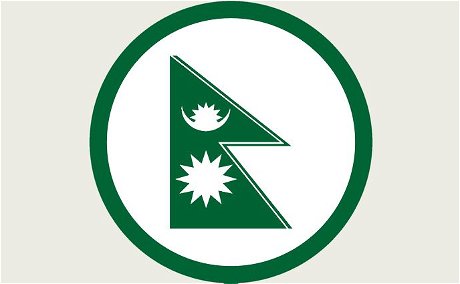
Facts & Figures
Formerly the Kingdom of Nepal, It is now officially known as the Federal Democratic Republic of Nepal
Capital City: Kathmandu
Government: The Government of Nepal, is an executive body and the central government of Nepal. The Head of state is the President and the Prime Minister holds the position of the Head of executive. The role of President is largely ceremonial as the functioning of the government is managed entirely by the Prime Minister who is appointed by the Parliament.
Population: With an estimated population of 26.4 million, Nepal has the 48th largest population in the world.
Official Language: There are 123 languages native to Nepal. Nepali, the official language is spoken by 44% of the country. Other than Nepali, 11% of the population speak Maithili making it the second most spoken language. Other main languages include Newari, also called Nepal Bhasa and Limbu
Religion: Approximataly 80% of Nepalese are Hindu. The remaining 20% are Buddhist (10%), Muslim (4%), Kirant (an indigenous religion), Christian, and other minor beliefs.
Area: Nepal is the 93rd largest country by area.
Geography: Nepal belongs to the continent of Asia, it is a land-locked country sandwiched between India and Tibet (China).
National Flag: Nepal has a non-rectangular flag. Its flag is made of two triangles stacked atop one another. The upper triangle represents the moon, while the lower triangle represents the sun.
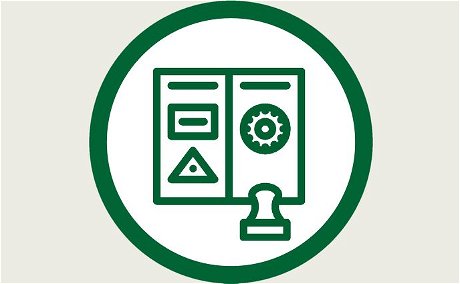
Passports & Visa's
Passport:
Your passport needs be valid for at least six months after the end of your tour and it should have at least one blank page for each visa required; plus an additional six blank pages. We recommend you take photocopies of the relevant pages from your passport (including the name/nationality page) and the visas relevant to your trip in case of loss or damage to your passport.
Visa: Visa’s can be obtained upon entry to Nepal or from your Nepali consulate or embassy in your country before you leave home.
Multi entry visa valid for 15 days: US$25
Multi entry visa valid for 30 days: US$40
Multi entry visa valid for 90 days: US$100
If you decide to obtain a visa upon arrival, you will need to fill in an electronic visa application form found in the immigration hall and supply x1 recent passport photo.
The visa is payable in cash, US$ or the equivalent in Euros, Australian Dollars or UK Pounds; credit cards are accepted but the queue can be long and slow. Nepali rupees will not be accepted.
A valid yellow fever certificate is required from travellers coming from areas with risk of yellow fever transmission(including transiting through an airport in an area of risk)
Depending on the day, sometimes it’s quicker to get through immigration if you have already obtained your visa from your home country; sometimes it’s quicker if you obtain it upon arrival!
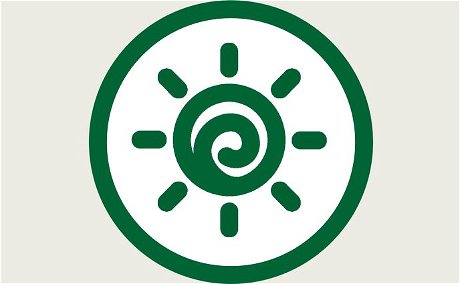
Climate
Nepal has four distinct seasons. Temperatures in the lower altitude regions are extremely pleasant.
March to May: Spring and is warm with rain showers, and temperatures around 22°C.
June to August: Summer is the monsoon season when the hills turn lush and green. Temperatures can get quite warm, up to 30°C and more during heat waves. During this season, trekking in most of Nepal is difficult and uncomfortable, the trails being very muddy.
September to November: Autumn is cool with clear skies and is the most popular season for trekking. Temperatures are not too warm, with daily maxima about 25°C and cool nights with minima of 10°C, it usually does not rain for more that one or two days during the entire autumn and the winter season.
December to February: In winter it is cold at night with temperatures sometimes below zero. However, the maximum temperatures can still reach up to 20°C. Then the mountains are covered with snow including some high hills.
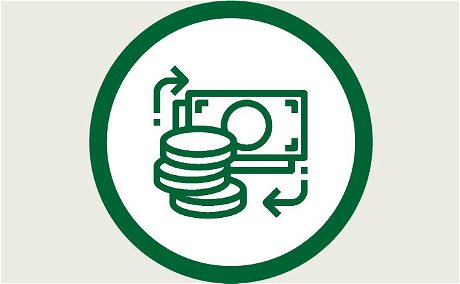
Money Matters
Official Currency: Nepali Rupee (NPR). Its symbol is ₹ and is often displayed as Rs.
Foreign Currency: US$ or UK£ are strongly recommended however AU$ & NZ$, Euro€ can also be changed.
Please not that most banks and money exchangers in Asia will now only accept bills with a metallic strip. For US$ we advised to bring notes no older than 2013. All foreign currency that are not worn, damaged or written on.
Whilst large notes generally attract a better rate, it is advisable to bring some smaller notes as well.
Although Indian rupees can be changed in Nepal, the government of Nepal has banned the import, export and use of old INR 500 and 1,000 notes in Nepal. Please ensure you do not having any in your possession on arrival. 100, 50, 20, 10 and 5 INR denominations are readily accepted.
Money Exchange: It is not really worth buying local currencies before you travel. Many countries have strict regulations about the amount of local currency you can import or export and it can be extremely difficult to exchange these currencies for a different currency once you have left. Please keep this in mind when planning your budget by withdrawing/ exchanging what you need as you go. Less is sometimes best.
As you are being picked up from the airport you will not need to change any money immediately upon arrival. Once you have arrived at the Joining hotel, your trip leader can advise and help you to obtain local currency.
Money exchange facilities are available in Katmandu, Pokhara, Chitwan (only outside the park) and Bhaktapur. Generally if you change money at hotels, the rate is quite un-favourable for you.
You can change Nepali rupees back to US$ or UK£ on departure from Nepal at the airport but you will need to show exchange receipts so remember to keep them.
Daily exchange rates can be found using the following website:
ATM's & Credit Cards: ATM’s can only be found in Kathmandu, Pokhara and Bhaktapur but are not always reliable.
Please remember if you are using an ATM, there is usually a fee charged from the local bank and your bank.
Credit Cards such as Visa and Mastercard are not generally accepted except in larger establishments but can often incur very high commission charges. We recommend you bring a combination of cash and card.
BOA also advises that you let your bank know they will be travelling (where and when). It is not an unusual practice for a bank to put a hold on a credit card or ATM card if the card has been used overseas and the user had not notified the bank of overseas travel. This is a security measure many banks take against credit card and ATM card fraud/theft.
Travellers Cheques: Travellers cheques are not accepted as a valid form of payment in Nepal.
Contingency Emergency Fund: We have already mentioned in “Essential Travel Information” that we advise you to have a contingency fund of at least US$400, and also it is advisable to carry an internationally recognized credit card in case of emergencies.
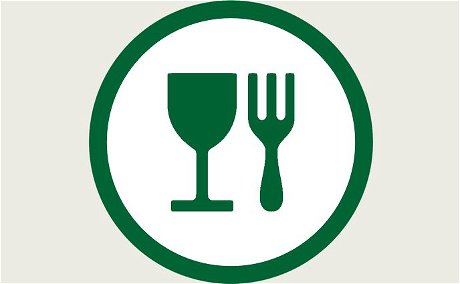
Food & Drink
Whilst it is impossible to be 100% sure about the safety of restaurants, most of our meals will be taken in good quality restaurants and hotels. One of the best ways to get a feel for a culture is through the local cuisine and we don’t want you to miss out. It is unlikely you will get sick from eating local dishes, but here are a few tips to help:
- Stick to restaurants and street stalls busy with locals - being busy is a good sign of good food.
- Wash your hands before eating or use sanitising hand gel or wipes
- Give your body a few days to get used to the change in diet
- If in doubt go vegetarian
- Steer clear of ice and salads in cheap restaurants and street stalls
Dal Bhat is a must and if Nepal had a national dish, this would be it. Dal Bhat consists of a rice (or substitute) centre, alongside lentils which are surrounded by various different dishes. Sides can include pickles, curried dishes, meat or fish, yoghurt, and chutney.
Average Price Guide
- Meal, Inexpensive Restaurant US$2.25
- Meal for 2 People, Mid-range Restaurant, Three-course US$12.60
- Domestic Beer (500ml bottle) US$2.70
- Imported Beer (330ml bottle) US$4.50
- Cappuccino (regular) US$1.60
- Coke/Pepsi (330ml bottle) US$0.50
- Water (330ml bottle) US$0.20
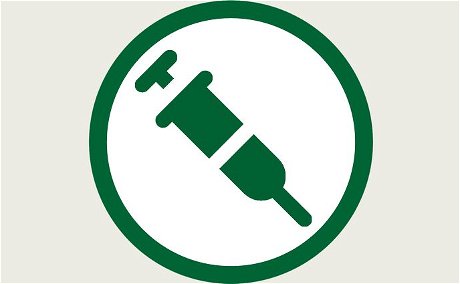
Health, immunisation & medical kits
“Prevention is better than cure”
Many GP surgeries now offer travel advice and vaccinations. Please don’t leave all until the last minute; it can take time to get the relevant vaccinations. You’re GP will be best placed to advise you on personal requirements.
The following websites have comprehensive, up to date vaccination and health information as well as medical and equipment information:
Britain:
Australia and New Zealand:
Please note that it is a good idea to let BOA know if you have any pre-existing conditions that may affect your ability to take part on a trip. There are good medical clinics available in all major cities en-route.
We provide treated drinking water on board our vehicle (steri-pens are utilised) as well as hand washing facilities.
We carry First Aid Kits tailored to the trips we are running however we do recommend you bring your own personalised kit including a good supply of insect repellent and alcoholic hand wash gels.
Vaccinations: Although there is no compulsory vaccinations, the following are generally recommended: tetanus, hepatitis A, typhoid, polio and Japanese encephalitis
Although the risk of mosquito-borne diseases is minimal, please consult a travel clinic for the latest advice on Malaria, Dengue Fever and Zika Virus with regards to the specific areas you will be travelling through and the types of malaria pills available.
For trips that travel to areas of high altitude, it is recommended to consult your doctor about any pre-existing medical conditions that may worsen.
The above information can change at short notice and some vaccines require more than one dose so please contact your medical professional or a Travel Health Clinic at least 8 weeks before you leave.
It is your responsibility to ensure that you obtain any vaccinations or preventative medicines for the countries you are visiting - or any that may be required by your home country on your return or further travel. You will be issued with a 'International Vaccination Travel Card', ensure that you travel with it.
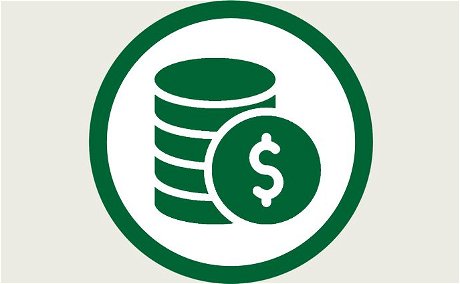
Personal Spending
What might I spend money on? Your essential expenses are relatively small as the majority of costs are included. However every traveller is different and so is the money they spend. Some may drink more, some may shop more.
You may choose to enjoy a beer or glass of wine or other alcohol with dinner. As a general rule of thumb, beer cost US$4 to US$7 per large bottle at a restaurant or bar. A bottle of wine starts at US$25 (if you are a wine drinker and can manage to bring some of your own stock with you, there is plenty of storage room on the vehicle). We also run a non-profit bar on our vehicle with beers and non-alcoholic drinks. We try to keep these prices as low as possible, depending on how much we can buy our stock for. Generally our bar prices are much lower than restaurants or bars. For more information on food and drink average costs check out the food and drink section below.
Souvenirs; Nepal has no shortage of choice here; trekking gear, pashmina, religious art, handmade paper, Kukhuri knives, jewellery, right through to elaborate (and expensive) Kashmiri and Tibetan carpets… and the list goes on! Major credit cards can be used for expensive items in most places.
You know your spending habits better than we do so please be sensible when budgeting for things like the meals not included in the itinerary , drinks, shopping, optional activities, personal tipping and laundry. Make sure you read your tour details so you know what's included in the tour price and what isn't. There is a detailed list of optional activities in the day to day itinerary section of the Tour Notes.
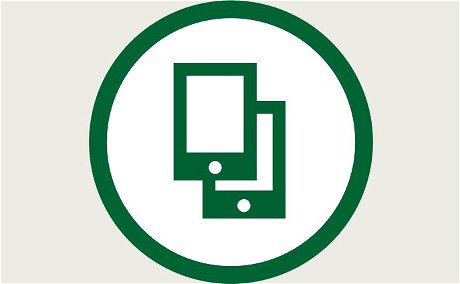
Phone & WiFi
Dialing Code: +977
Mobile Phone: You can buy a Namaste card at the airport itself or in town. You will need a photocopy of your passport, visas and a passport-size photograph. The process is quite simple and the SIM activates instantly. ... There are two Sim card booths inside the arrival Building in Tribhuvan International Airport; Nepal Telecom and Ncell.
WiFi: Hotels in Kathmandu generally have excellent WiFi connections. Most hotels offer free WiFi in public areas, with some also offering in room WIFI, sometimes for an additional fee. WiFi is available in major towns and tourist destination but there may be limited internet access in smaller towns and villages, if any.
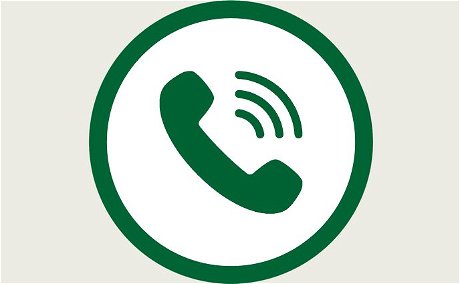
Emergency Contact
We have a dedicated 24-hour telephone contact number, which should be used in the event of an emergency… or otherwise. Should you need to call the number, we will do what we can to help.
Emergency contact number: +61 418 692 052
This is an Australian number which will be contactable 24 hours a day, 7 days a week for the duration of the trip. In the event of an emergency, friends or family can also contact you on this number during your travels.
If your flight is delayed or cancelled, please let us know so we can make appropriate arrangements for airport pickup, accommodation or different trip joining instructions. There is no need to contact the emergency number in this situation. The number to contact will be advised. In the unlikely event you are unable to get through and Internet is available, please email:
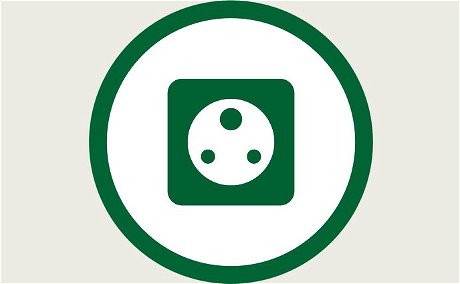
Time & Voltage
Time: GMT +5.75. Please note Kathmandu is the only time zone in the world to have a 15-minute increment.
Electricity: 230/240 volts
Plugs: In Nepal, outlets of types C, D & M are in use.
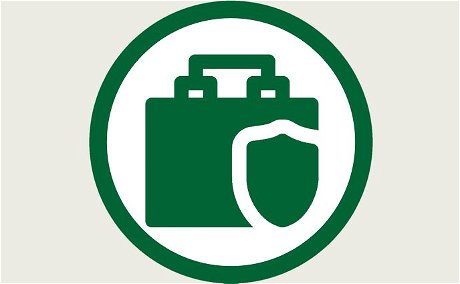
Travel Insurance
“Don’t leave home without it” Please bring a photocopy of the policy for the tour leaders records.
BOA does not accept travel policies that come with a credit card. Please ensure to read the fine print before purchasing your policy.
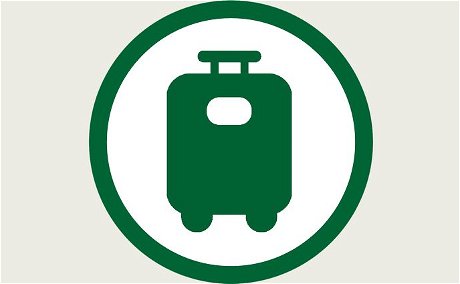

Share This Page